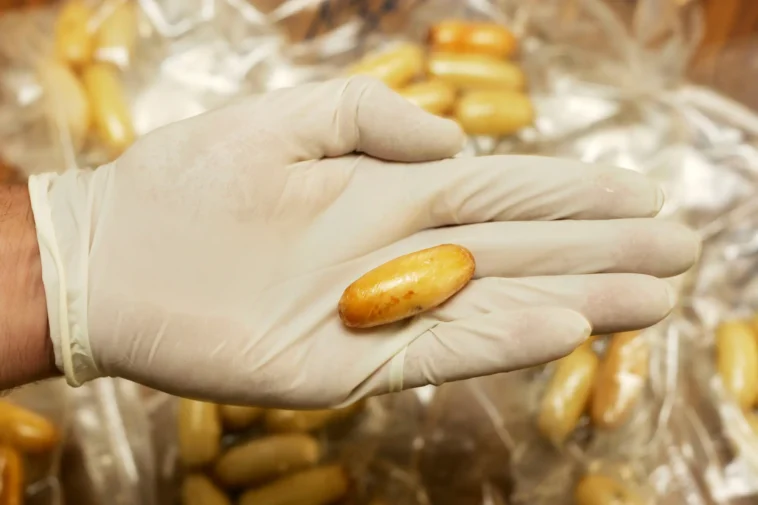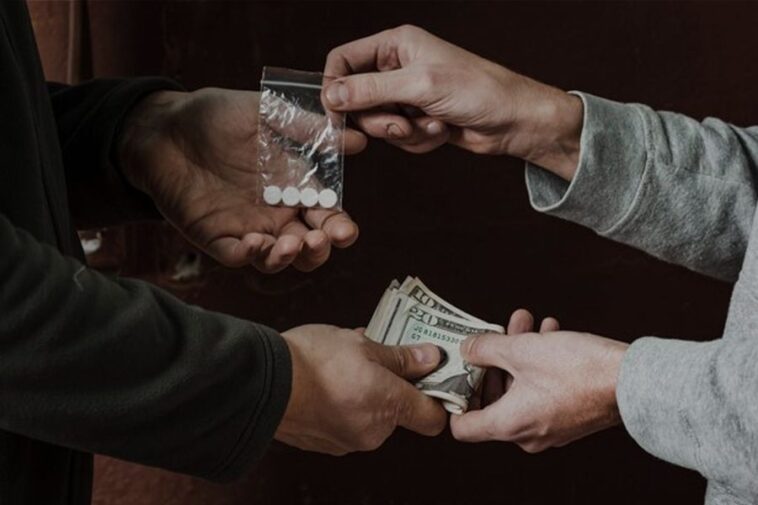Drug smuggling is a global problem that has been around for centuries. Despite a drug offense being a serious offense and the best efforts of law enforcement to stop it, the smuggling of drugs continues unabated.
Drug smuggling is a complex problem with no easy solution. The demand for illegal drugs is high, and the profit potential is enormous. As long as there is demand, there will be people willing to take the risk to smuggle drugs.
Did you know that approximately $2 trillion dollars of illegal drugs flow in and out of the global market every year? That’s more than the GDP of France! And while government officials and law enforcement agencies continue to battle against this illicit trade, it shows no signs of slowing down.
So what is being done to combat drug smuggling, and how can it be stopped? Keep reading to find out.
What Qualifies as Drug Smuggling?

Drug smuggling is a serious offense that can lead to severe penalties, including jail time. To be charged with drug smuggling, a person must be caught with a large quantity of an illegal drug. The quantity of the drug seized is usually what determines whether someone will be charged with drug smuggling or simple possession.
In order to be convicted of drug smuggling, the prosecution must also prove that the person accused knew the drug was illegal and that they intended to sell it. If the person accused is found to be in possession of a small quantity of the drug, they may be able to avoid a drug smuggling conviction by proving that the drug was for personal use only.
If you have been charged with drug smuggling, it is important to seek experienced legal help as soon as possible. A drug smuggling conviction can have serious consequences, including a lengthy prison sentence.
Penalties for Trafficking in the US

According to the Controlled Substances Act, there are a number of different penalties for trafficking illegal drugs in the United States. These penalties can range from a simple fine to a prison sentence of several years, depending on the type and amount of drug involved.
For example, trafficking in marijuana can result in a fine of up to $250,000 and a prison sentence of up to 5 years. Trafficking in cocaine, on the other hand, can result in a fine of up to $5 million and a prison sentence of up to 20 years.
In addition, the Controlled Substances Act also imposes a number of other penalties for drug trafficking, including asset forfeiture, money laundering charges, and enhanced penalties for those with prior drug convictions.
The Best Way To Combat Drug Smuggling

Despite law enforcement’s best efforts, drug smuggling is still a major problem. The demand for drugs is high, and there is a lot of money to be made. Until the demand for drugs is reduced, the problem of drug smuggling is likely to continue.
The best way to combat drug smuggling is to reduce the demand for illegal drugs. This can be done through education, prevention, and treatment. It is also important to provide support for law enforcement efforts to apprehend and prosecute drug smugglers.





